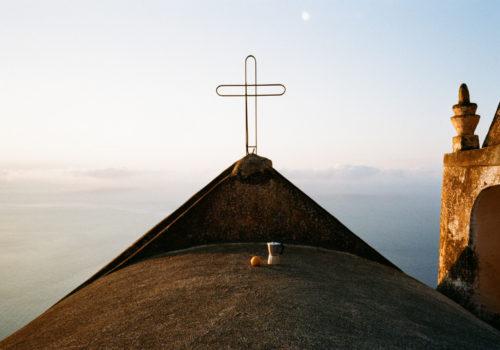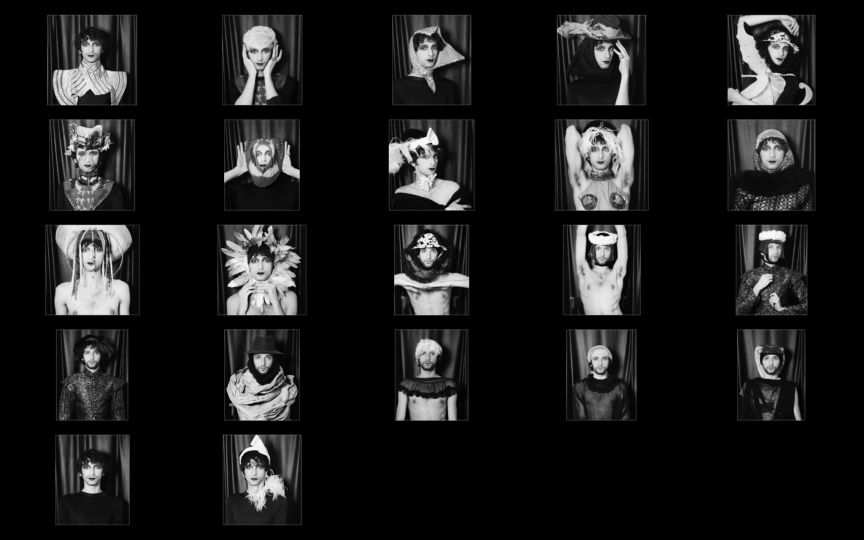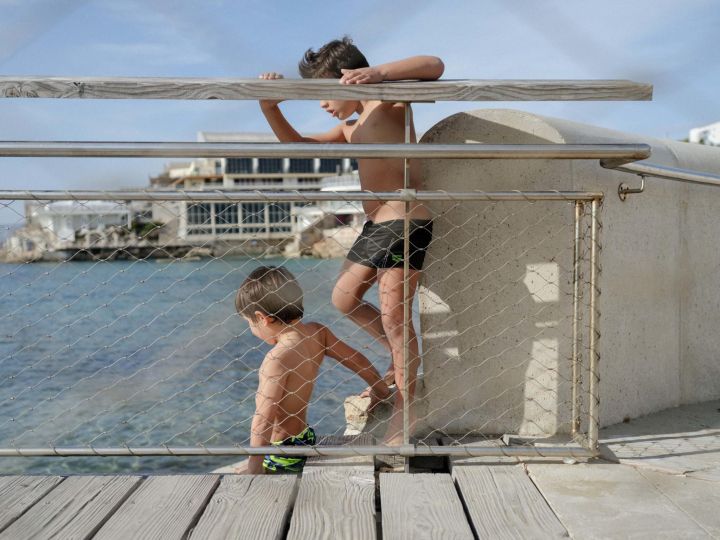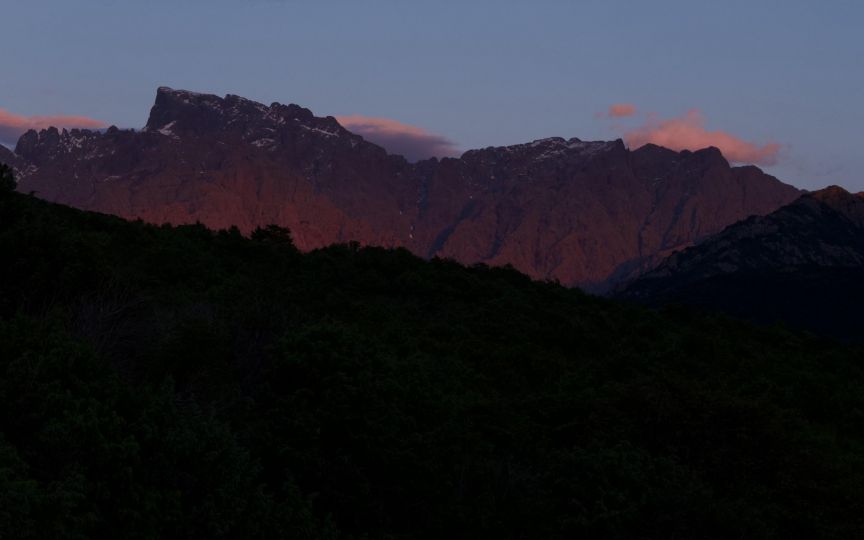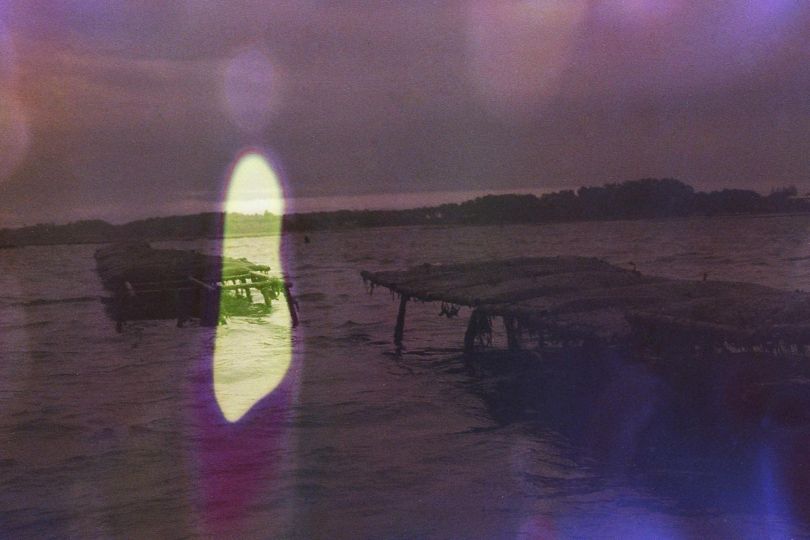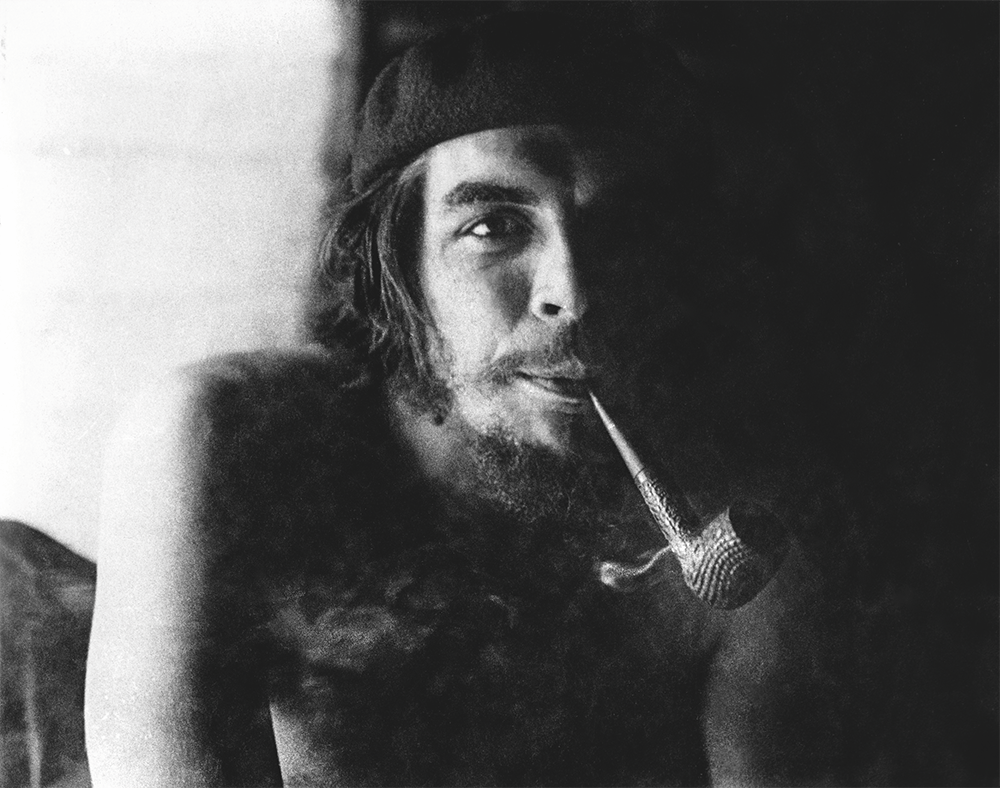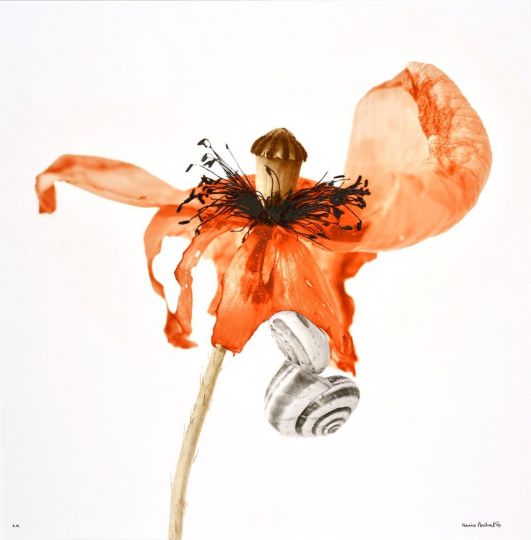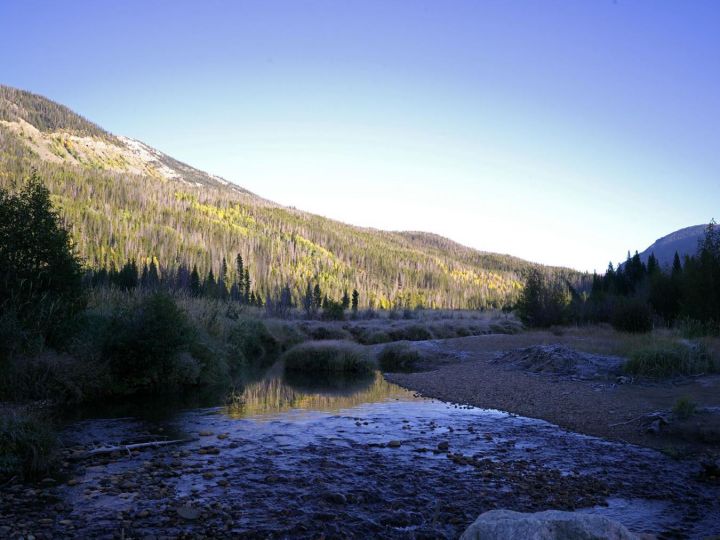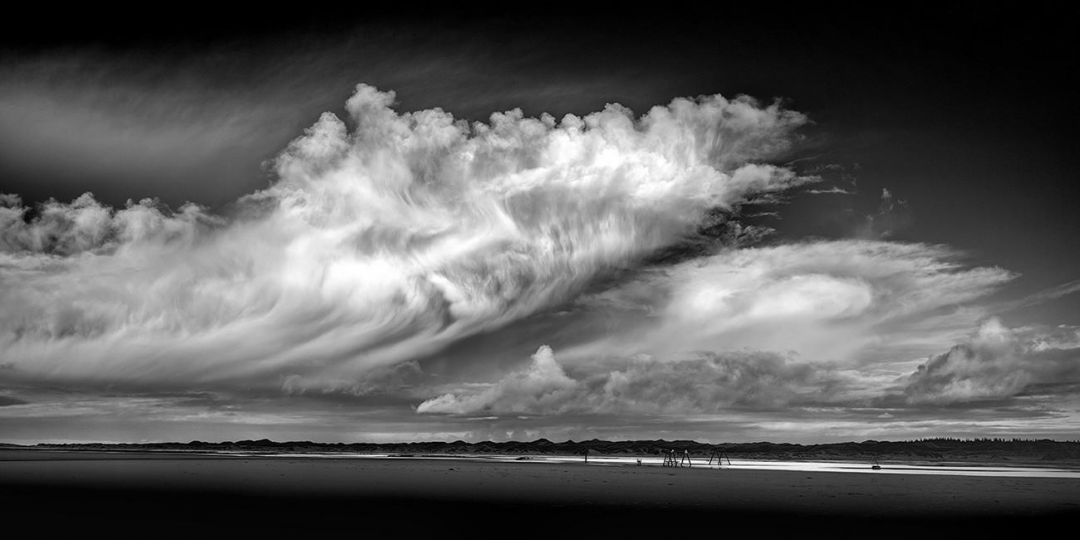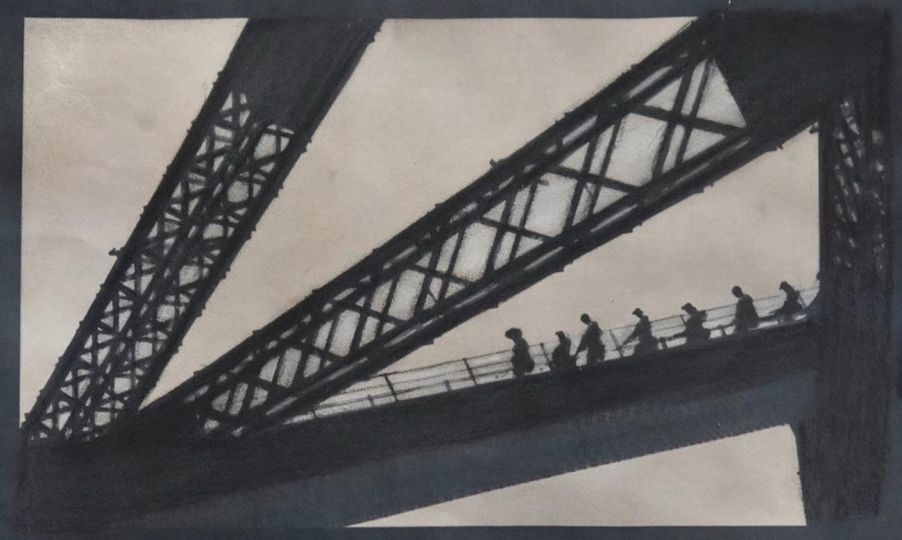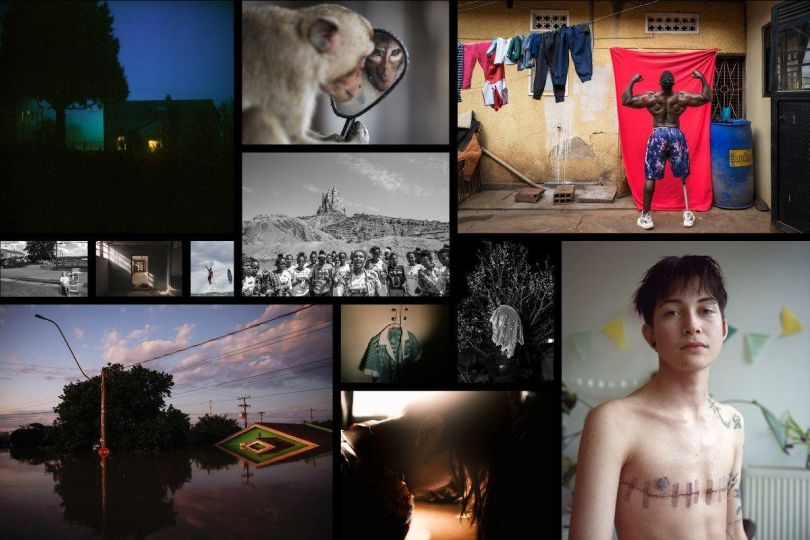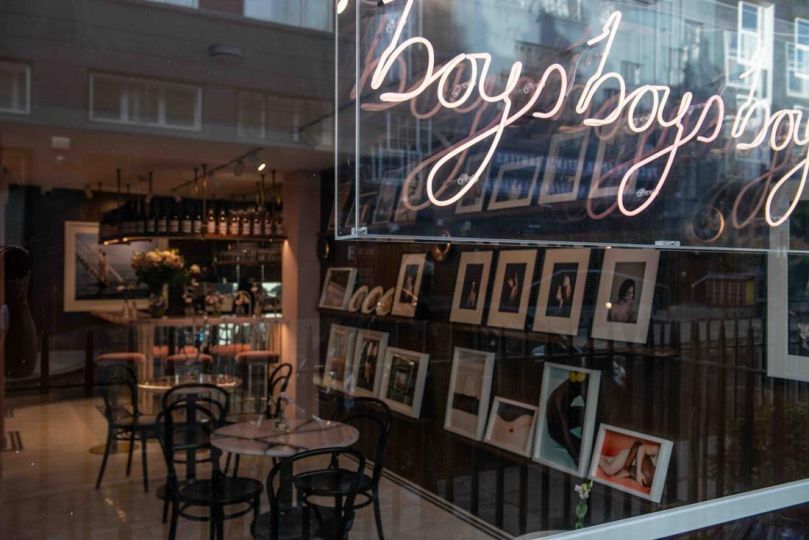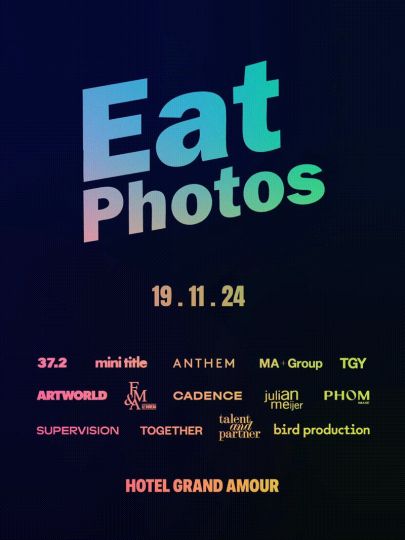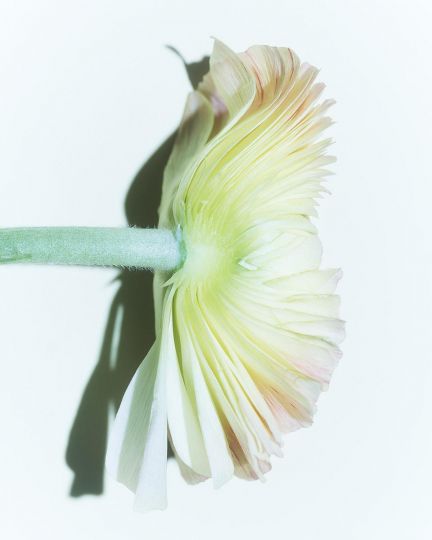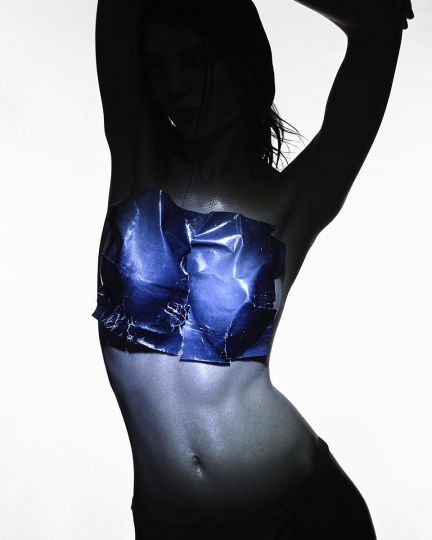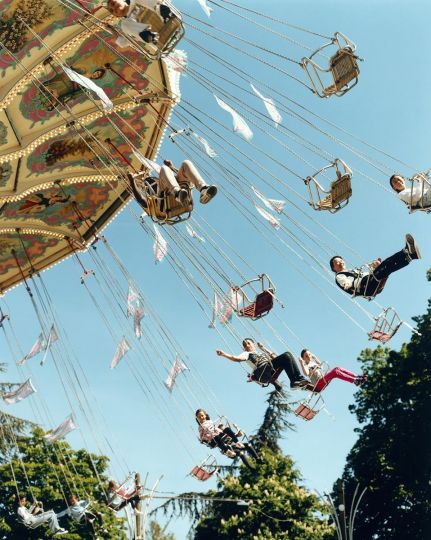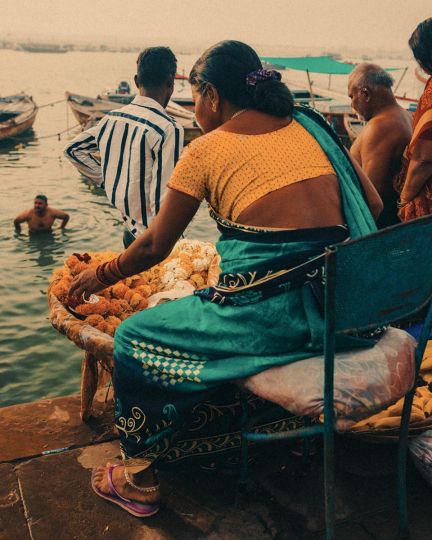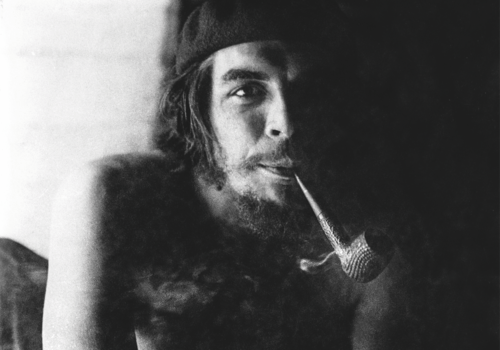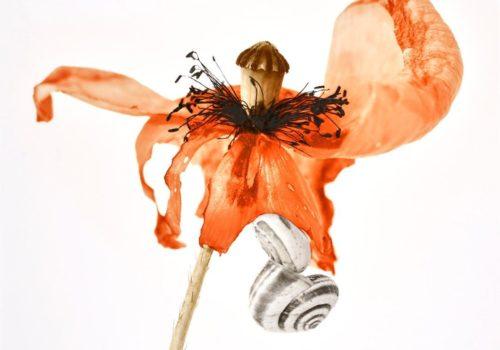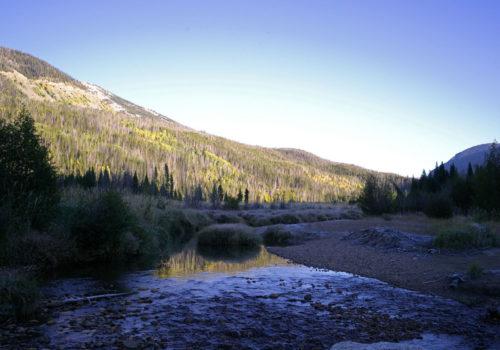The Eye of Photography is releasing the fifth chapter of “Cartes Blanches” with the support of MPB. Each month, a French photographer publishes an exclusive series captured while experimenting with an equipment loaned by the international platform for buying, selling, and exchanging photographic equipment.
Islands certainly fascinate. Following Mathilde Guihot’s Île Tudy and Cleo-Nikita Thomasson’s Corsica, this new episode brought by Marguerite de Tavernost delves into the silver and blood orange atmosphere of Alicudi, a small island of the Aeolian archipelago in Northern Sicily. With two lenses that were kindly granted to her by MPB – the 28 mm Elmarit wide-angle and the 75 mm Summilux – Marguerite de Tavernost’s photographs are dipped into a narrative articulated around light, stillness, and literature.
“Now the road was crossing orange groves in flower, and the nuptial scent of the blossoms absorbed the rest as a full moon does a landscape.”
Giuseppe Tomasi di Lampedusa, The Leopard, 1958
Alicudi. The wild one, the silent one.
A story by Marguerite de Tavernost
“We disembarked on a plated land. The air was bloated with heavy drops falling to sleep on a dotted sea of disoriented stars.
The dancing lemon trees were bowing under the water-soaked efflorescence of their blossoms, tangled in a perfume of petrichor.
Humid stone. Endless rain. Gushing wells.
The night slowly fades away under the movement of the snails in search for a palpable destiny suddenly unravelled.
The moon is quiet. Silence is glowing.
The next morning reveals the warm shadows and sugarcoated air of a so-called sacred island.
Earth comes to life, tainted with the blood of oranges whose ink defers in rivers.
The winding fragrant of wild herbs preserves the dried brambles’s urge to exist in their yearning for freedom.
The honey-colored sun of May strokes a music score of swallows and tickles the bitterness of such arid land.
Bitter, its capers are not. A tender and salty globe that captures the sky in all its entirety, a golden drop stuffed with fairy dust undulating on the scales of Silvio’s fish to finally land on our tong.
Silvio. Silvio and his timeless boat. Silvio and Flame, his faithful one, sailing at dawn on a wave of tinkling silver bells. Their fervent melody dives into the bell towers devoted to their own desertion and agitates hightop nests. The somnolent waves of an ardent Sicily lulls our heart, too.
The island is as elusive as happiness and as furious as the so singular taste of freedom being embraced.
The wild one, the silent one, the forgotten one.
The one with six hundred goats for sixty inhabitants, three mules, a thousand steps and a hundred cats.
The island of flying steps, floating witches, dancing souls and rolling stones.
The island of delicate black snakes, bewildered hedgehogs, flat-palm cactus, free currents and enchanted seeds*.
The island of burnt herbs, wild tails, and spotless contemplation.
Here, only winds and currents.
The simplicity of this celestial body is disarmingly brutal.
Here, Roberto also.
Roberto di Alicudi. Roberto di Capri.
Roberto and his silences made of glass and sleepless winters.
Roberto and his alluding smile, cardboard sun and bubbly words crafted in champagne.
Roberto and his floating shadow, Floh never more than a step away from him.
Roberto, whose island has lived in him for more than two decades.
His sensitivity to shattering thunders led him to do the pendulum and speak to the other side. Roberto has an ongoing dialogue with women whose aging souls find refuge in the delicacies that he places on the tombal stones of a cemetery that never sleeps. Legend has it that on a stormy night, one of these women fell asleep with one hand hanging on the edge of the bed, which happened to be made of metal. Lightning found its way to her and struck. Nonsense, Roberto says. The legend only covers for the dark soul of a murderous husband.
Alicudi is a spark of legends, swaying steps, and half-revealed mysteries.
May their blood oranges, coffee stoves, singing bell towers, and perhaps some of those analog shots, inspire you to step into an incandescent universe that dances on the edge of a cosmic horizon.
Alicudi is a rough paradise that gets under your skin. An arrow that strikes through the pulse of your senses, leaving an invisible mark that will forever remain untouched.
“In this secret island, where houses are barred and peasants refuse to admit they even know the way to their own village in clear view on a hillock within a few minutes’ walk from here, in spite of the ostentations show of mystery, reserve is a myth.”
Giuseppe Tomasi di Lampedusa, The Leopard, 1958
Marguerite de Tavernost
Born in 1991 and based in Paris, Marguerite de Tavernost has refined her eye through various travel series where she lets herself go with the flow to spontaneously encounter the sources where the winds find their breath.
Marguerite’s work explores Nature, light movements and infinite variations of the atmosphere.
She also nurtures an anthropological angle by exploring cultures from within as some of her previous work reveals (Madagascar, Norway, Kenyan, Namibia, Faroe Islands etc). Intuition is her sole compass. She adopts the purist codes of analog photography, thereby “grounding herself in the moment, abandoning herself to contemplation in its most simple form and greatest purity”.
Her photographic practice plays with and sublimates imperfections that are inherent to film photography. Marguerite de Tavernost’s artistic approach also leads her to reconnect with “the roots of heaven that are deeply embedded in our hearts” (Romain Gary, The Roots of Heaven).
Her series “Alicudi” also echoes Lampedusa’s text, The Leopard, that celebrates the magnificence of a poetic Nature and a never-changing Sicily.
The artist and The Eye of Photography warmly thank the photographic equipment resale platform MPB for their support and the loan of two lenses: a 28 mm Elmarit wide-angle and a 75 mm Summilux. The “Carte Blanche” section would not be possible without their contribution.
“There was Venus, wrapped in her turban of autumn mist.”
Giuseppe Giuseppe Tomasi di Lampedusa, The Leopard, 1958
—
*The island is reputed for its everlasting superstitions, of which a supposedly hallucinogenic bread. This phenomenon can be traced back to the 1900s when its rye was infected with ergot, a fungus that produces an alkaloid called lysergic acid that is also the basis of LSD.
More information

